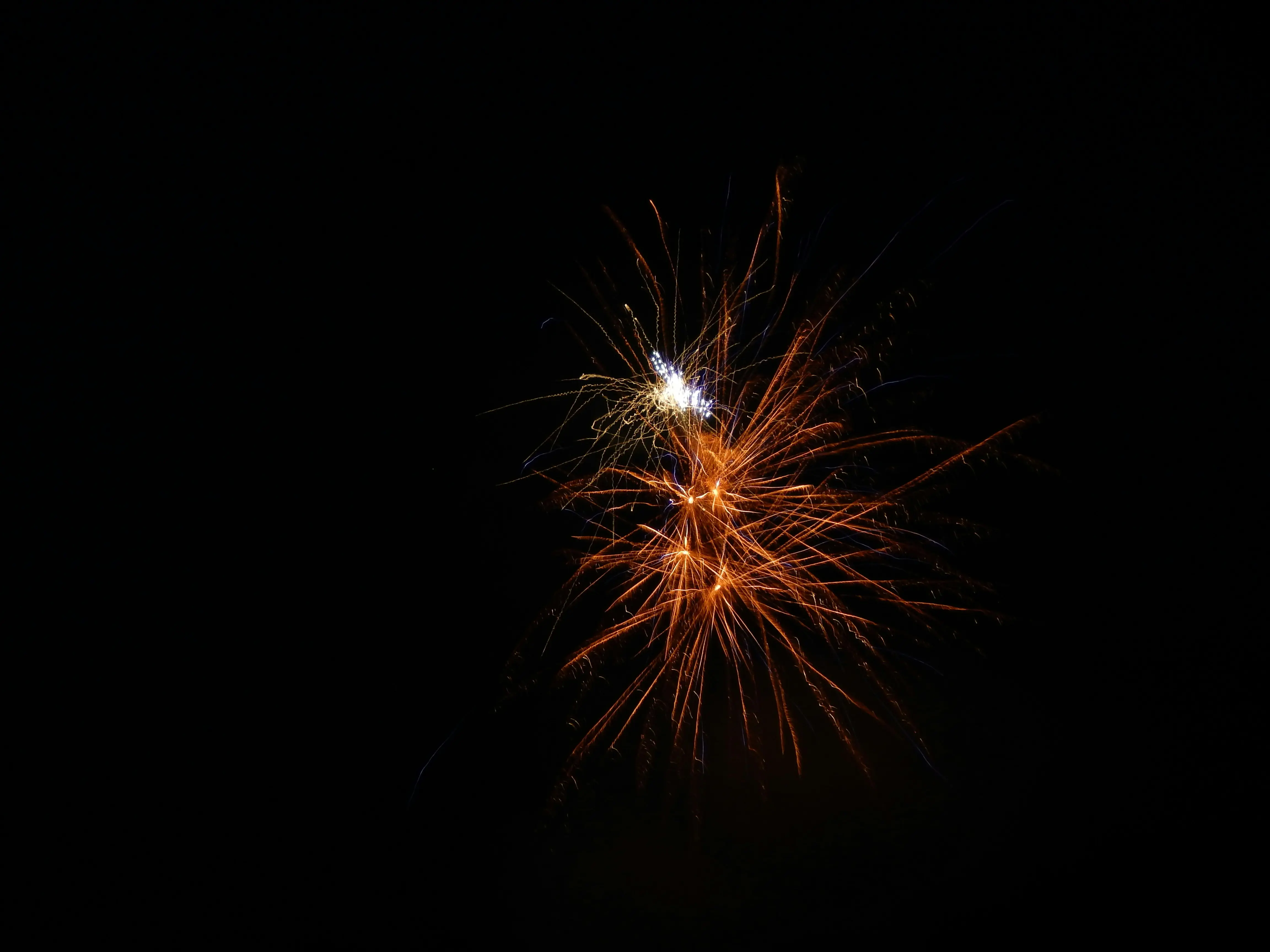Public Helps Discover New Exploding Star in Real Time

A spectacular cosmic explosion has been spotted not by a telescope alone, but by a team of citizen astronomers, marking a triumph for public-powered science. The discovery, led by the University of Warwick’s ‘Kilonova Seekers’ project, captured a newly exploding star system, known as a kilonova, in real time.
This celestial burst, believed to be the result of colliding neutron stars, released an immense amount of energy, a flash of brilliance visible across galaxies. But what makes the event even more dazzling is how it was found: with the help of volunteers.
“This is the first major find by the Kilonova Seekers,” said lead astronomer Professor Danny Steeghs. “It proves that with the right tools and training, the public can genuinely contribute to frontline astrophysics.”
Kilonovae are among the most powerful and fleeting explosions in the universe. They create heavy elements like gold and platinum, and their light fades within days, making them notoriously hard to catch. But thanks to the Seekers’ tireless monitoring and AI-assisted tools, this one was spotted just in time.
Volunteers sifted through mountains of telescope data, flagging anomalies that algorithms alone might miss. Their keen observations were key in triggering a rapid response from professional observatories, who confirmed the kilonova with follow-up data from the European Southern Observatory.
The discovery offers more than bragging rights. It helps astrophysicists refine their understanding of gravitational wave events, neutron star physics, and how the universe forges its heaviest elements.
“Public science isn’t just educational,” said Steeghs. “It’s transformative. We're opening up the universe to everyone, and making real discoveries along the way.”
The Seekers are already back at it, scanning skies for the next fleeting flash of light. With their eyes on the cosmos and their feet on the ground, they’ve proven that citizen science can truly reach for the stars, and sometimes, catch one in the act of exploding.